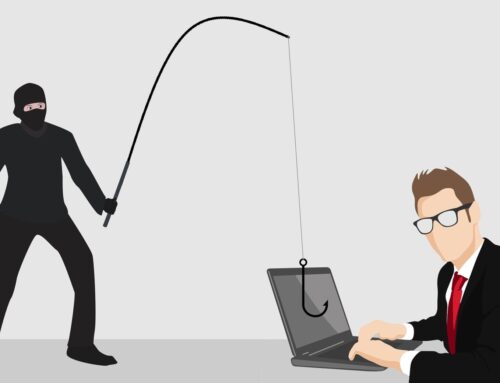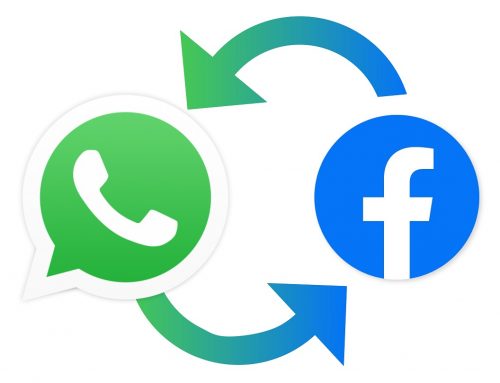Cybercrime is on the rise. With our lives becoming increasingly connected online, we have become more vulnerable to cyber attacks.
While there are default anti-virus and anti-malware software embedded natively in almost all devices we use today, online criminals are always finding new ways to access private data. This article will show you the top dangers you will encounter online that you might not be paying attention to.
Phishing and internet scams
Phishing has been the fastest growing mode of internet scams in the U.S and it is estimated that 1 in 3 phishing email attempts have been opened. Phishing uses emails from supposedly trustworthy sites to obtain your usernames, passwords, credit card details, social security number and so on.
The staggering amount of email phishing grows exponentially every year, with Media Post reporting that around 6.4 billion emails were sent everyday last year. While phishing emails are the most common forms of attack, phishing URLs are also on the increase.
It really pays to double check the URL of the websites you visit because you might be entering your details to a completely different domain. An ENISA report last year found that 73% of phishing domains swapped a letter, or had an additional character, in a domain or URL that was almost the same spelling as a popular site. A simple typo could open you up to a data breach.
Fraud and spoofing
In an investigative article, De Correspondent chronicled how a DNS hacker in a coffee shop can extract not only your passwords but can also gain access to personal data such as gender, sexual preferences, location history, and hobbies among others. This is done by “spoofing” or piggybacking on the public Wi-Fi to gain access to unknowing customers.
Mobile apps are also a hotbed for fraud. Dell’s RSA Security Report uncovered that 80% of fraud cases were committed by accessing mobile devices. Most of the attacks were done through mobile apps. So before you install that app, make sure you read the reviews or better yet, install a VPN.
Malware and ransomware
Malwares are also becoming more sophisticated nowadays. Malware attacks are characterized by installing malevolent software that performs activities on your computer without your permission or knowledge.
Spam remains the most commonly used path that malware attacks go down with three quarters of them deployed within an email. Seniors are particularly vulnerable as 28% of these are health-related spam emails which unknowing senior citizens tend to open. Another way that spam emails spread malware is through the offer of prizes. Common scams in these emails, like the Nigerian Scam, told the reader that they had won a hefty amount of money. The best way to avoid these is steering clear of the spam folder and only opening emails from trusted sources.
Data breach and enforcement
According to CNBC, cyber theft is the fastest growing crime in the U.S. with 2 billion personal records stolen in 2016. This has led to rapid changes in the law and how criminal evidence is gathered. Legal experts Special Counsel claim that a key part of the industry nowadays are eDiscovery solutions, which allows lawyers to take data from digital sources. This shift in how legal firms operate is a good indication of how serious the problem of cyber crime has become.
What can you do?
Being mindful of your cybersecurity is the first step in securing your online presence and personal data. Cybersecurity solutions like VPNs and strong anti-malware software will provide an added layer of security. With the advent of digital payments, Bitcoin, and smart homes, it’s always better to be safe than sorry.









